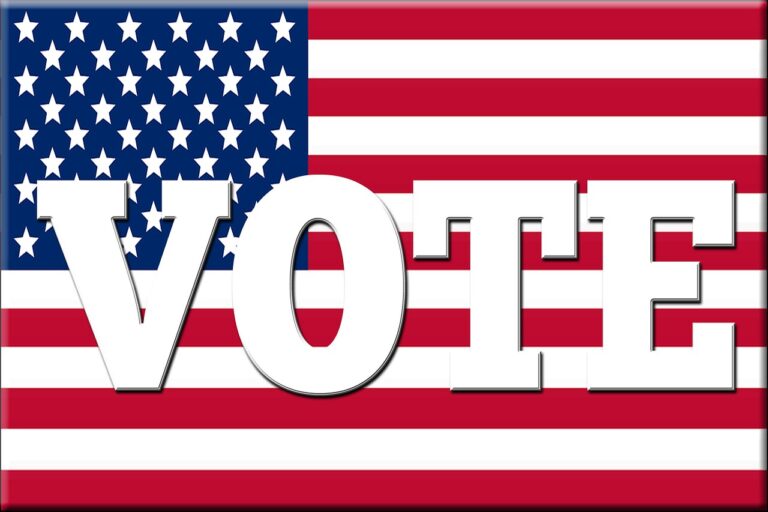Evaluating the Reliability of Election Forecasting Models
betbook 247 com, radhe exchange id, my laser 247 login:Evaluating the Reliability of Election Forecasting Models
Election forecasting has become an essential tool for predicting the outcomes of political races, from local elections to national elections. These forecasting models use historical data, polling information, and other factors to predict which candidate is likely to win an election. However, the accuracy and reliability of these models can vary widely, leading to questions about their effectiveness. In this article, we will explore how to evaluate the reliability of election forecasting models and understand their limitations.
Understanding Election Forecasting Models
Before we delve into evaluating the reliability of election forecasting models, it’s essential to understand how these models work. Election forecasting models use a combination of historical data, polling data, economic indicators, and other factors to predict the outcome of an election. These models assign probabilities to different outcomes, such as the likelihood of a particular candidate winning a race.
There are several types of election forecasting models, including polling averages, prediction markets, and statistical models. Polling averages aggregate polling data from various sources to predict the outcome of an election. Prediction markets allow individuals to buy and sell shares in the outcome of an election, with prices reflecting the collective wisdom of the participants. Statistical models use mathematical algorithms to analyze historical data and predict election outcomes.
Evaluating the Reliability of Election Forecasting Models
When evaluating the reliability of election forecasting models, several factors should be considered. These include the accuracy of the historical data used in the model, the quality of the polling data, the incorporation of other relevant factors, and the track record of the model in previous elections.
1. Historical Data: The accuracy of election forecasting models depends on the quality of the historical data used in the analysis. Models that rely on incomplete or biased historical data may produce inaccurate predictions.
2. Polling Data: Polling data is a critical component of election forecasting models. The reliability of polling data can vary depending on the sample size, methodology, and timing of the poll. Models that use more recent and diverse polling data are likely to be more accurate.
3. Other Factors: In addition to historical and polling data, election forecasting models may incorporate other factors such as economic indicators, voter demographics, and incumbent popularity. Models that consider a wide range of factors are more likely to produce reliable predictions.
4. Track Record: The track record of an election forecasting model is an essential factor in evaluating its reliability. Models that have accurately predicted the outcomes of previous elections are more likely to be reliable.
Limitations of Election Forecasting Models
While election forecasting models can provide valuable insights into the likely outcomes of political races, they are not without limitations. Some of the limitations of these models include:
1. Uncertainty: Election forecasting models can only provide probabilities of different outcomes and cannot predict the future with certainty. There is always a margin of error associated with these predictions.
2. Assumptions: Election forecasting models are based on certain assumptions about voter behavior, polling accuracy, and other factors. These assumptions may not always hold true in practice, leading to inaccurate predictions.
3. External Events: External events, such as scandals, economic crises, or natural disasters, can influence the outcome of an election in ways that are difficult to predict. Election forecasting models may not account for these unforeseen events.
4. Human Error: Election forecasting models are developed and maintained by humans, who are prone to biases, errors, and misinterpretations of data. These human factors can impact the reliability of the models.
FAQs
Q: How accurate are election forecasting models?
A: The accuracy of election forecasting models can vary depending on the quality of the data, the methodology used, and other factors. While some models have a good track record of predicting election outcomes, they are not infallible.
Q: Can election forecasting models predict upsets?
A: Election forecasting models can predict upsets to some extent, but they may struggle to account for unexpected events or shifts in voter behavior. Upsets are always a possibility in politics.
Q: How can I evaluate the reliability of an election forecasting model?
A: To evaluate the reliability of an election forecasting model, consider factors such as the quality of the historical and polling data, the incorporation of relevant factors, and the track record of the model in previous elections.
In conclusion, evaluating the reliability of election forecasting models is essential for understanding their limitations and making informed decisions based on their predictions. By considering factors such as historical data, polling data, other relevant factors, and the track record of the model, we can assess the accuracy and reliability of these models. While no model can predict the future with certainty, a critical evaluation of election forecasting models can help us make more informed decisions in the political arena.







